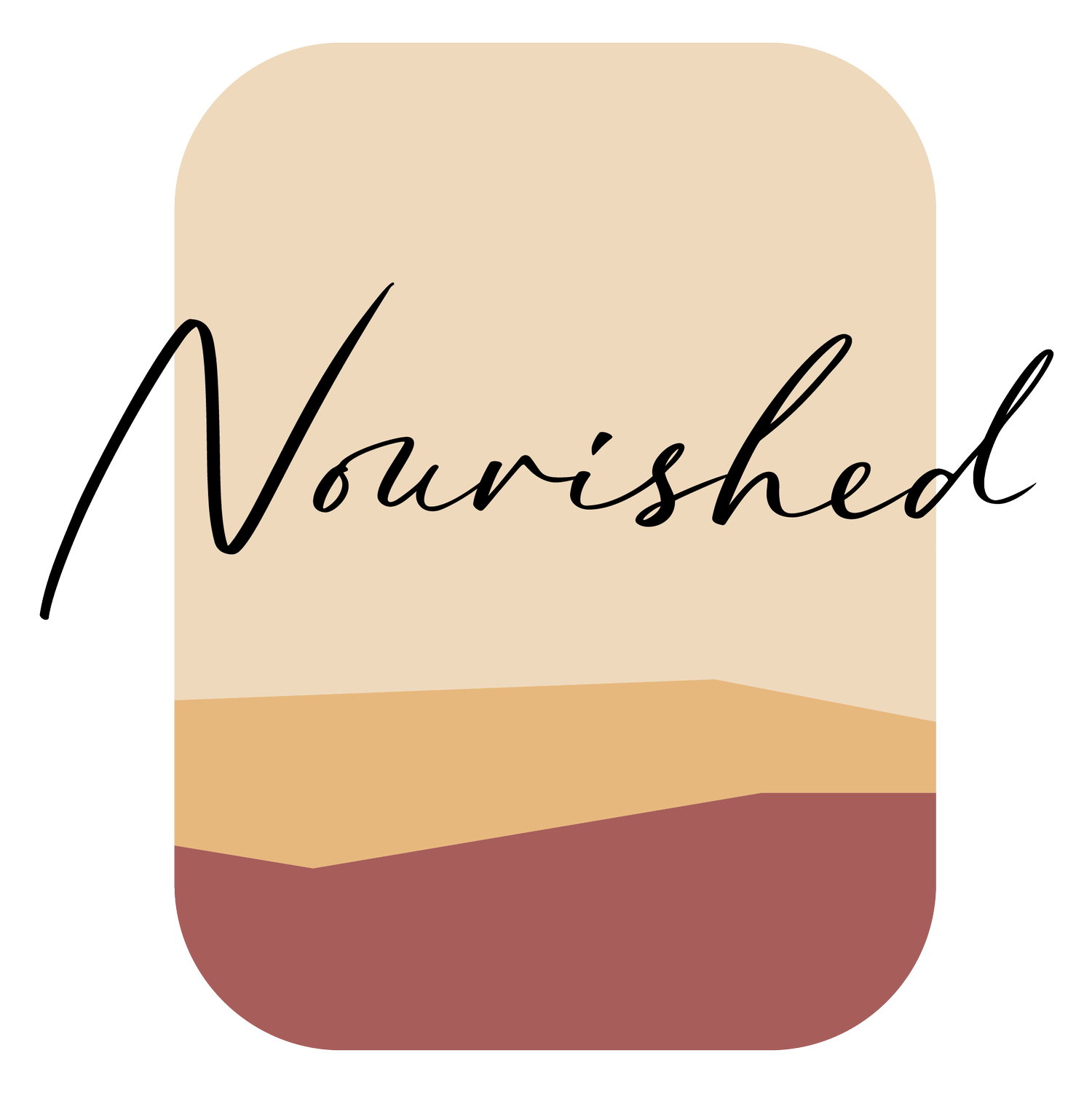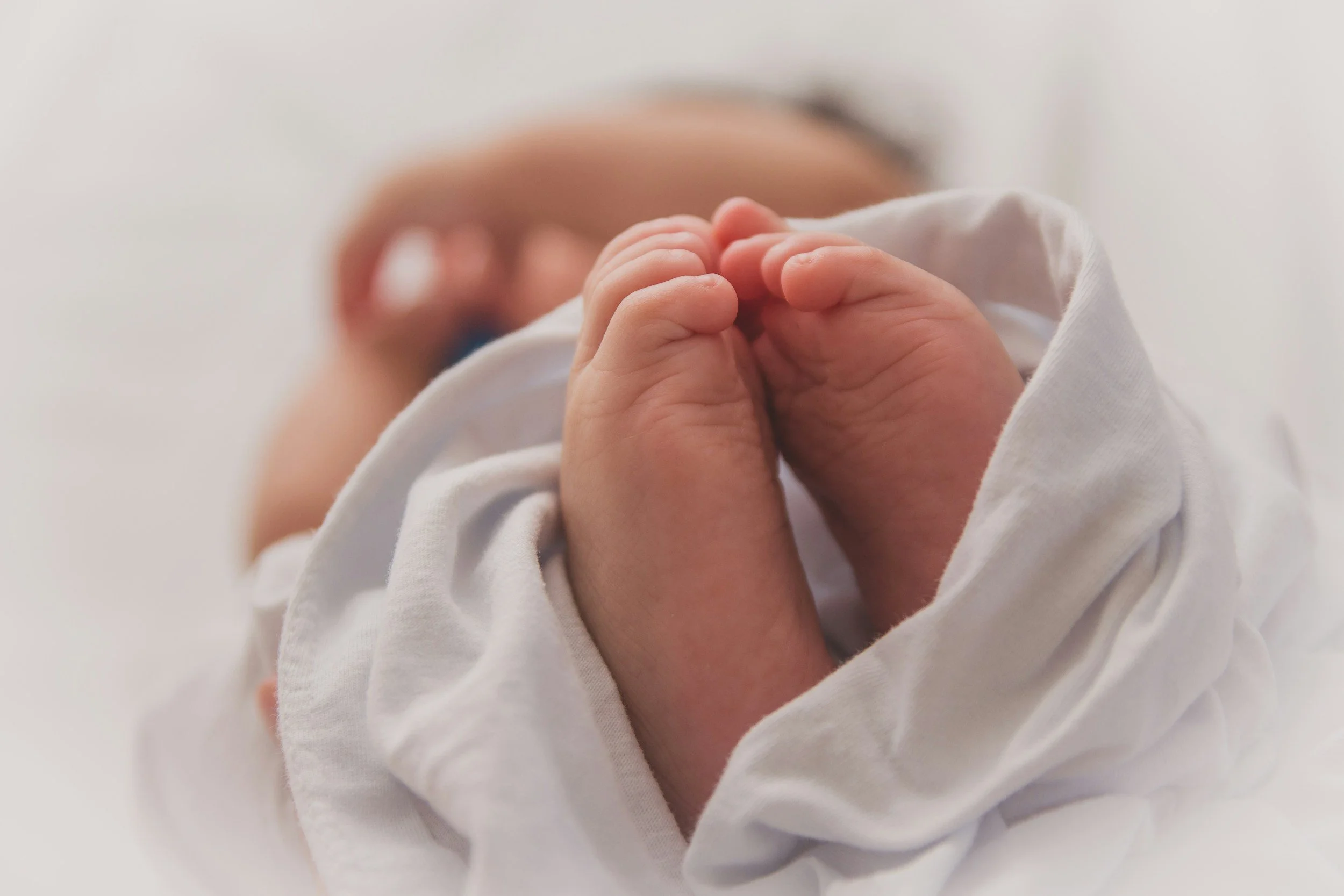That feeling when you don’t love your baby right away
Everyone is familiar with the picture perfect, Instagram shot when a baby is born.
You know, the one where mom is smiling, partner is snuggled close in, and baby is asleep peacefully on mom’s chest. The caption reads something along the lines of, “life didn’t start until I met you” or “I fell in love with you the second I laid eyes on you.” Statements like those or ones similar have become a tailored, socially appropriate response when someone asks a new mom about their baby. There doesn’t seem to be anything too wrong with that, right? Right…expect for the deep rooted shame that many moms feel when they don’t feel those dreamy “love at first sight” emotions. There is vast pressure put on moms to feel and act a certain way in the immediate onset of meeting their tiny human. However, that response is often times not only forced, but inauthentic. This can leave the mother questioning themselves, inundating their thoughts with all sorts of “should” statements: “I should be feeling love towards my baby.” “I shouldn’t be feeling scared.” “I should immediately want to never let this baby leave my sight.” It forces the new mom to fake what they are feeling externally, hiding authentic response, and starting the biggest, most well kept, secret of their lives. Sounds exhausting, right? What if there was a way to normalize all emotional response post-birth; to clarify that despite the fear/worry/anxiousness that was felt, there actually was still love present? Let’s take a deeper look into understanding emotional love and instinctual love.
We know by now that women go through an immense hormonal and physiological change after giving birth (read my blog post on Matrescence here). We can also refer to this as instinctual love. Instinctual love is the love that exists after giving birth that drives logistics: making sure baby is fed; responding to crying cues; being able to wake up to meet baby’s needs multiple times a night; knowing when to change diapers; and essentially meeting baby’s needs. Instinctual love is automatic; It operates even when we are unaware of it. Emotional love, on the other hand, is an emotional response to having your baby. It is the sensation of love, connection, and care that you feel. It is intentional and does not always come automatically. Neither love is wrong or incorrect. What is, however, is the pressure to feel emotional love immediately. Think about your partner. Did you love them the second you met them? Or did love come with time? Why isn’t the same rule applied to having a baby?
It’s important to know that having a baby can bring up many types of feelings, and that you can feel all of those at once. To look at your baby after giving birth and feel joy is normal. To look at your baby after giving birth and to feel sad is normal. We don’t need to create stigma towards the emotional response. We do, however, need to create awareness that there is more than one response.
To know the difference between emotional and instinctual love empowers the mother to live authentically in her experience. This can reduce risk for Postpartum Depression and other mood disorders and turn into the healthy development of attachment. If the mother fakes what she is feeling, it is teaching her to put personal and emotional needs aside (hi, burnout!), while increasing feelings of shame, depression, and resentment - towards herself and baby. Emotional love will come. It can take a week, a month, or even a year. And when it does, relish in it and celebrate its arrival, as your instinctual love has already been working hard to lay the framework of a pretty awesome relationship.


